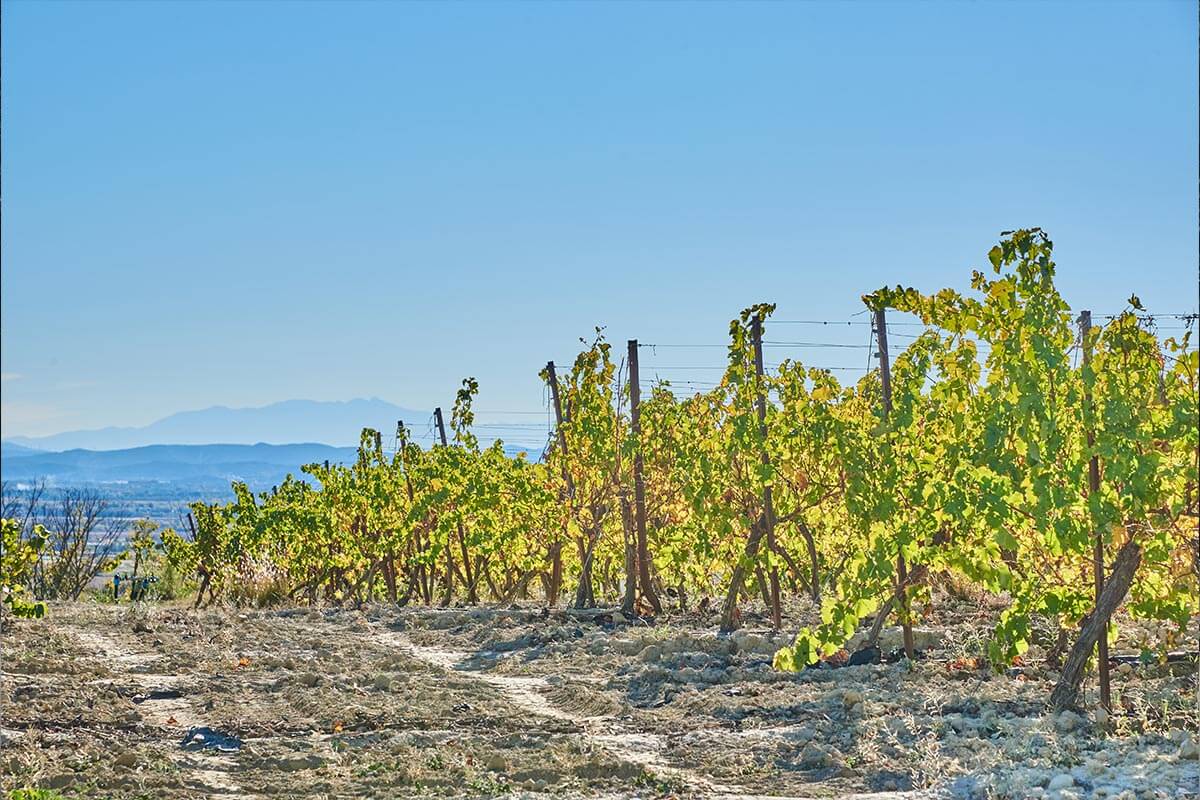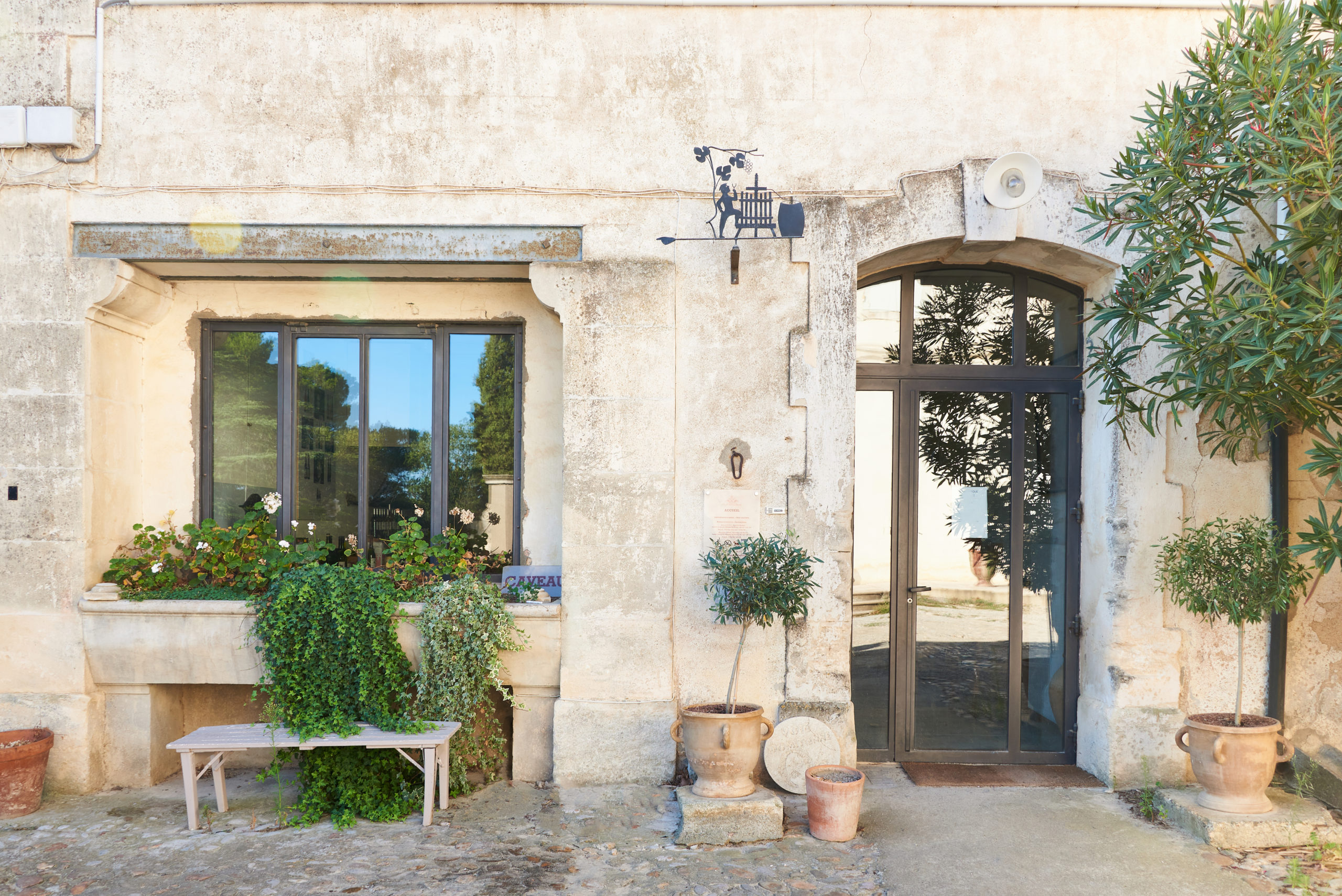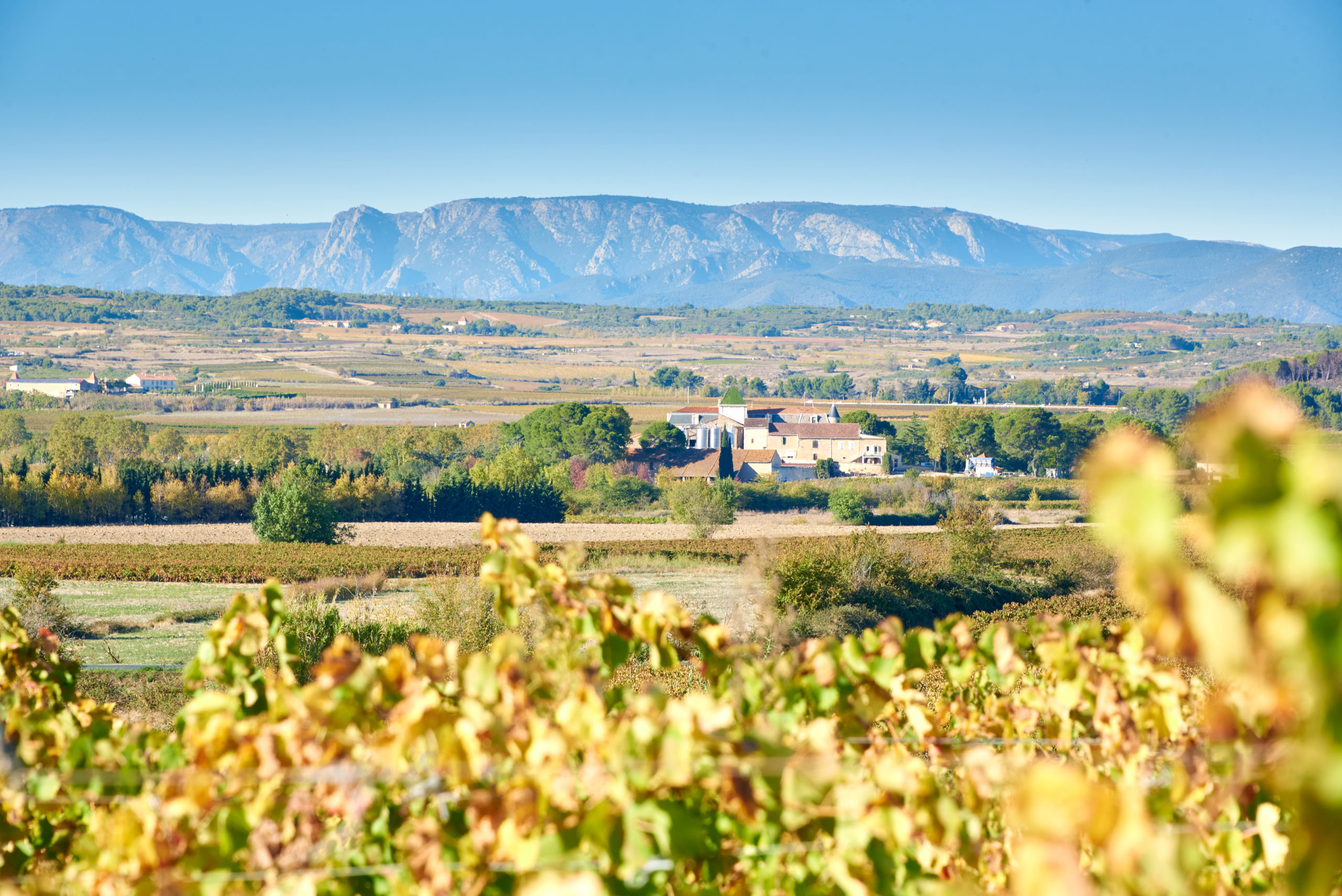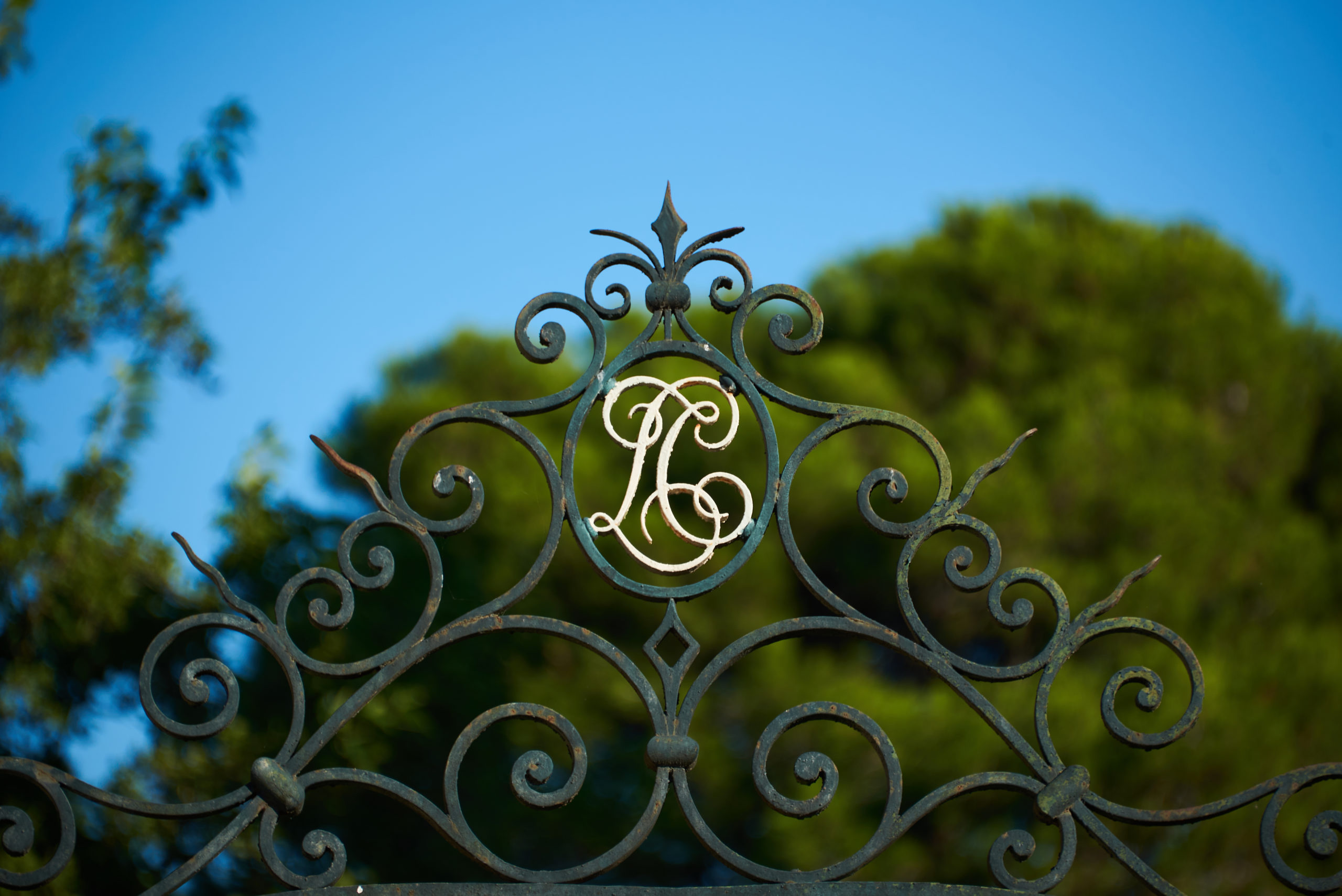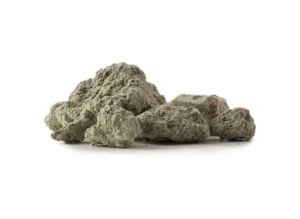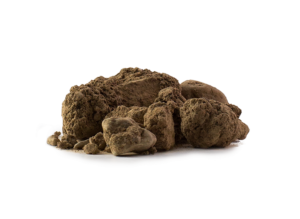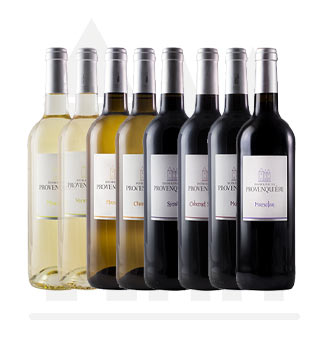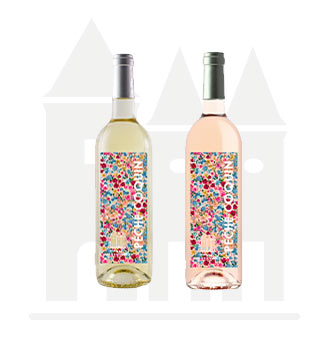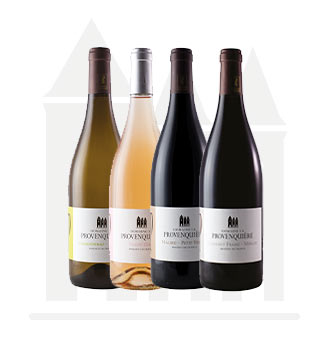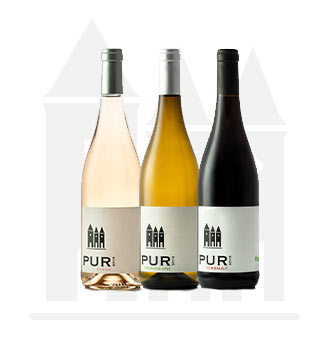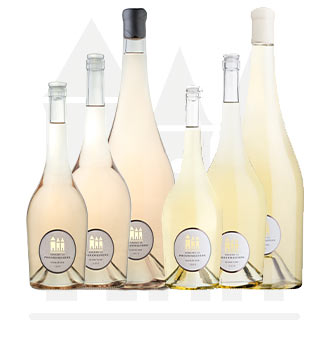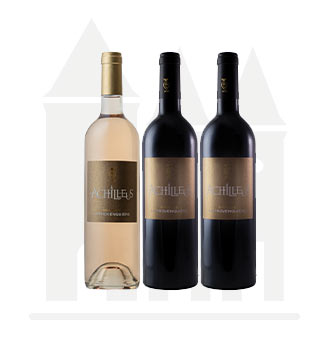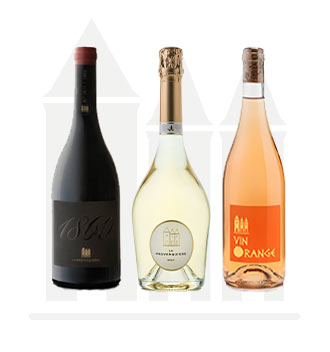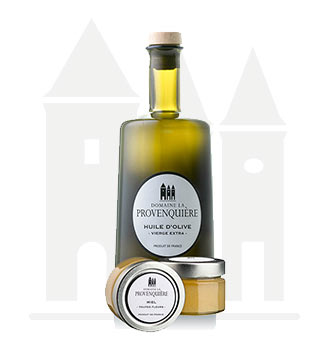THE VINEYARD WITH 24 GRAPE VARIETIES
La Provenquière Estate is located on a 155-hectare vineyard, spread over 3 communes in the Hérault – Capestang, Maureilhan and Puisserguier – forming a triangle at the heart of which the property is located. Between the Mediterranean Sea and the Haut Languedoc Regional Park, the vineyard enjoys a privileged location from a climatic, geographical and geological point of view.
The vineyard located just 20 km from the coast benefits from a climate with a Mediterranean influence, conducive to viticulture. The weather is dry and hot in summer, mild the rest of the year, even in winter. The tramontana, a wind that sweeps the plains of Languedoc from the mountain ranges, also helps prevent many vine diseases.
The size and geographical location of La Provenquière Estate also allow it to benefit from a big diversity of soils and exceptional terroirs for its white, red, rosé and orange IGP Pays d’Oc, IGP Coteaux d’Ensérune and AOC Languedoc wines.
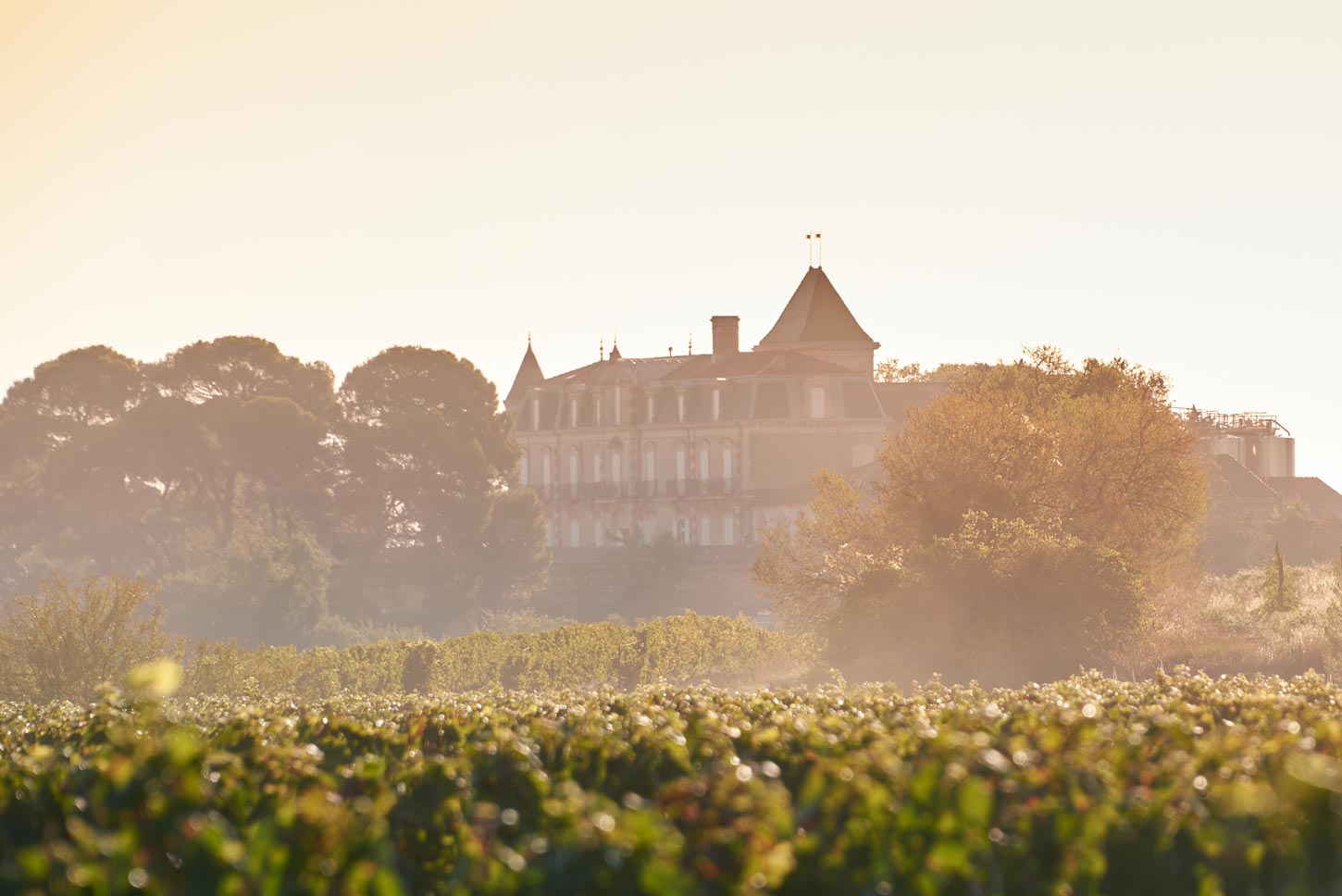
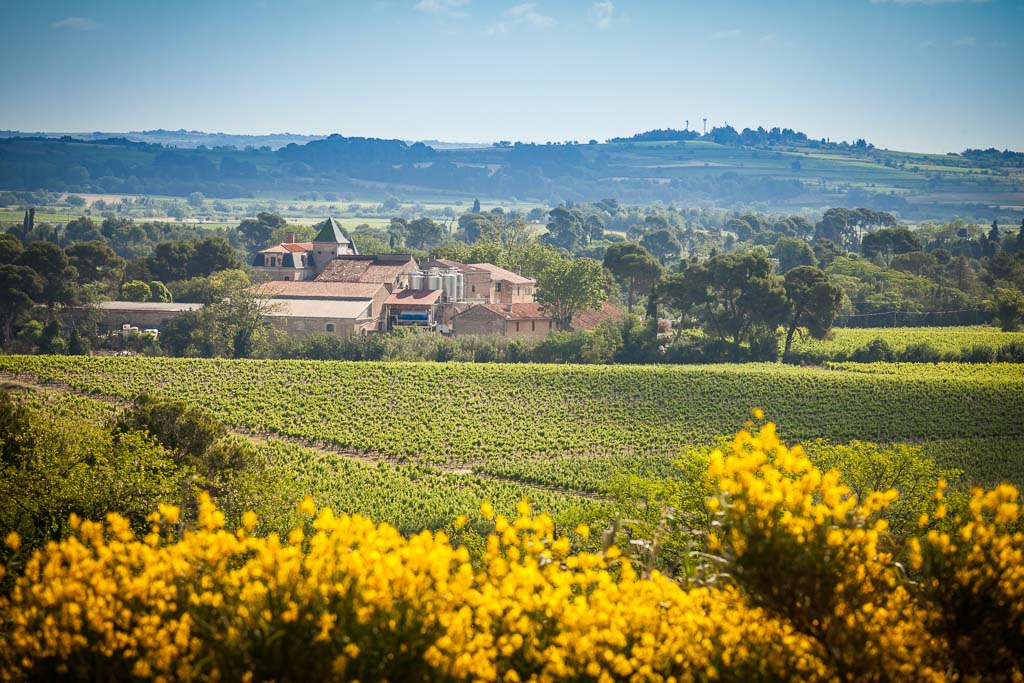
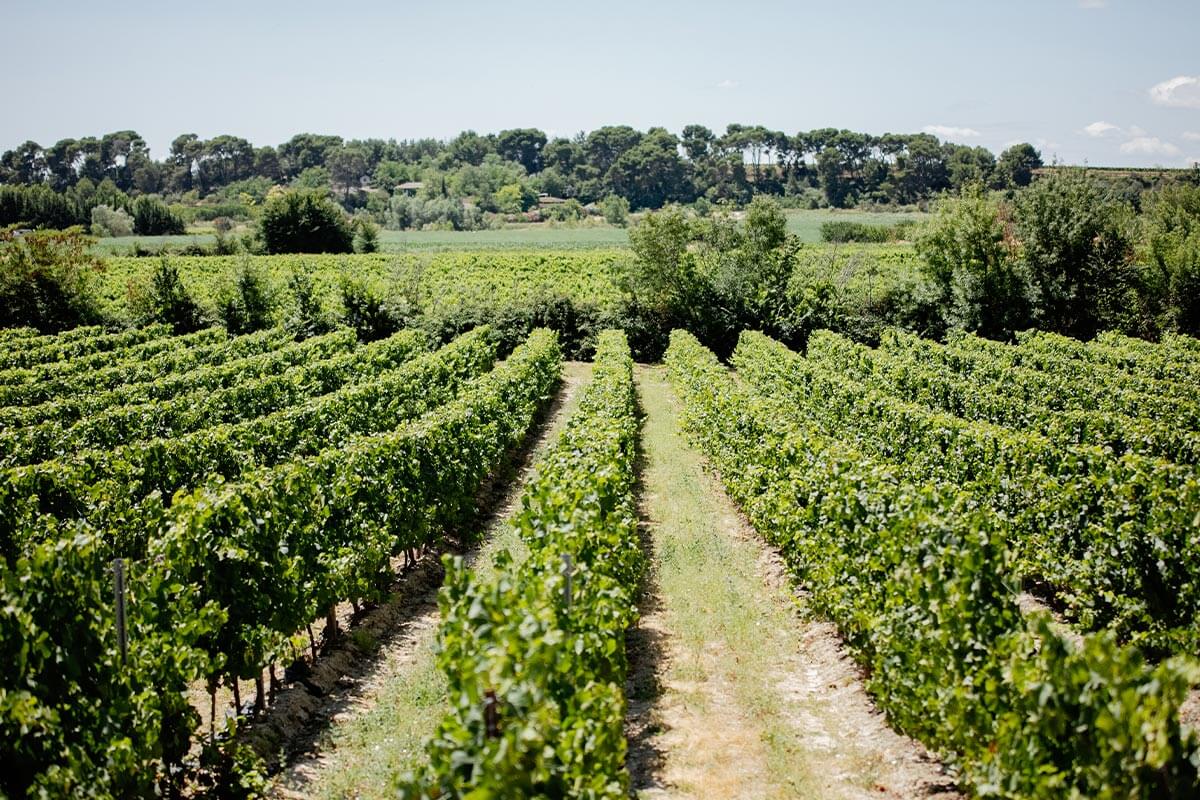
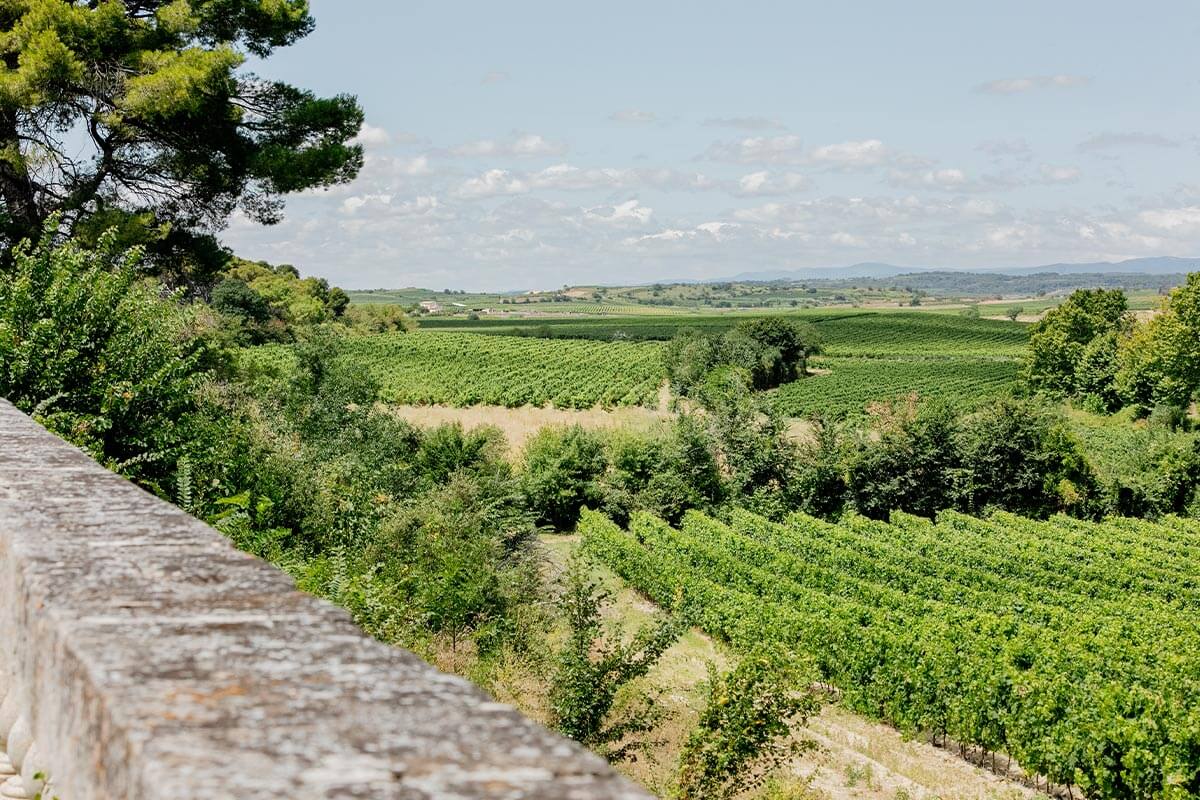
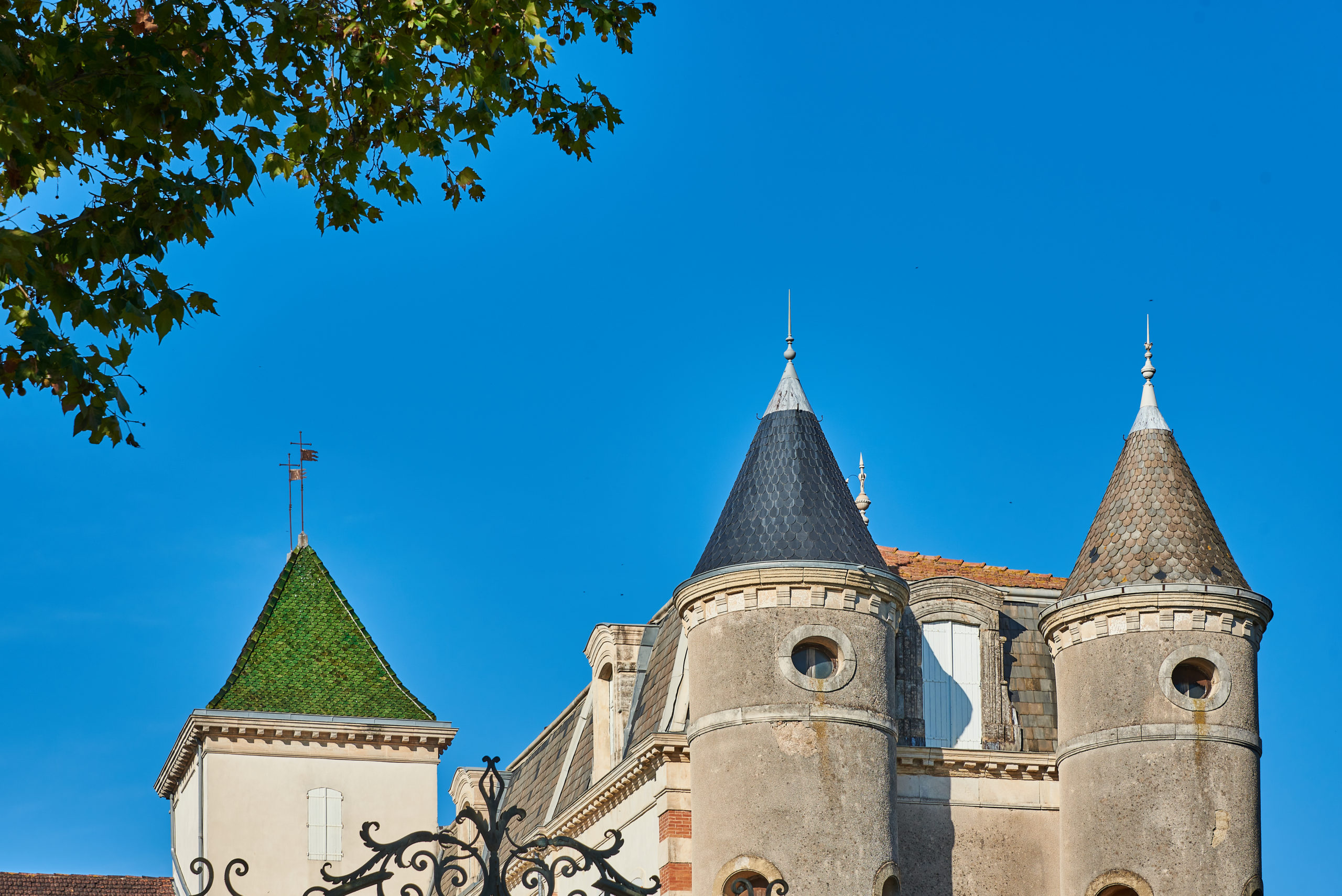
A MOSAIC OF EXCEPTIONAL TERROIRS
As the Estate is established on the first hillsides of the Languedoc wine region, the vines of La Provenquière take root in a landscape with multiple terroirs: from pebbles to blue marl, passing through clay soils such as clay-loamy or clay-limestone soils.
CLAY SOIL
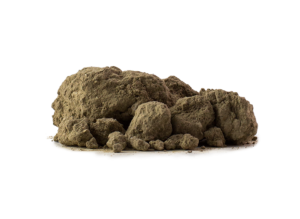
The clay soil, made up of brownish and dense earth, welcomes the Cabernet Franc vines to the estate, which develop perfectly there. The gravelly soils of alluvial origin of this terroir can hide deep layers of more or less pure clays. In our glasses, this terroir gives the wines strength, finesse and elegance.
CLAY-LIMESTONE SOIL
The clay soil of the Provenquière terroir
The clay-limestone soils of the estate are made up of clay in which there is a significant proportion of limestone, in the form of pebbles or more sedimentary. This very specific terroir favours the production of grapes with particularly high acidity levels and is quite naturally suited to the cultivation of white grape varieties such as Vermentino.
TERROIR OF GRAVELS
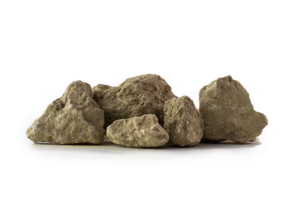
The gravel soil is characterized by an almost white earth with, sometimes, brown clay outcropping there. This extremely porous and filtering soil allows water to infiltrate before retaining it in deeper layers to return it to the vines. A soil that is richer and more balanced than you might imagine and in which Chardonnay flourishes! The soil of gravels allows the fruity character of each grape variety to express itself fully and offers wines of great finesse.
CLAY-LOAM TERROIR
This terroir is made up of loamy soil, studded with white stones of varying density. These are balanced soils that combine the freshness of clay with the filtering properties of limestone stones. Merlot, for example, flourishes wonderfully there and thus gives rise to round, fine and fruity wines.
TERROIR OF BLUE MARLSTONES
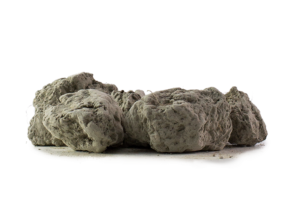
.
EMBLEMATIC AND FAMILY VARIETIES
Its surface area and the richness of its terroirs are two invaluable assets that La Provenquière Estate takes advantage of by cultivating a wide variety of grape varieties. The majority of them are typical of Languedoc-Roussilon and more generally of the south of France. The establishment of certain grape varieties, more rarely grown in the region, is linked to the family story. Sémillon was introduced by Max about forty years ago, while Pinot Gris is a nod from Brigitte to her daughter Marie when she was living in London and this variety was a great success with each of them.
On the vineyard, each grape variety is cultivated and magnified on the most suitable plot, allowing it to release the best expression of itself once served in the glass.
The grape varieties grown in the Provenquière vineyard:
For red wines and rosé wines:
- Cabernet Franc
- Cabernet Sauvignon
- Merlot
- Petit Verdot
- Syrah
- Cinsault
- Grenache gris et noir
- Malbec
- Pinot Gris
- Marselan
- Mourvèdre
- Pinot Noir
- Souvignier Gris
For white wines:
- Chardonnay
- Sauvignon
- Vermentino
- Muscat Sec
- Sémillon
- Viognier
- Marsanne
- Colombard
- Grenache gris
- Pinot Gris
- Albariño
- Souvignier Gris
- Roussanne
